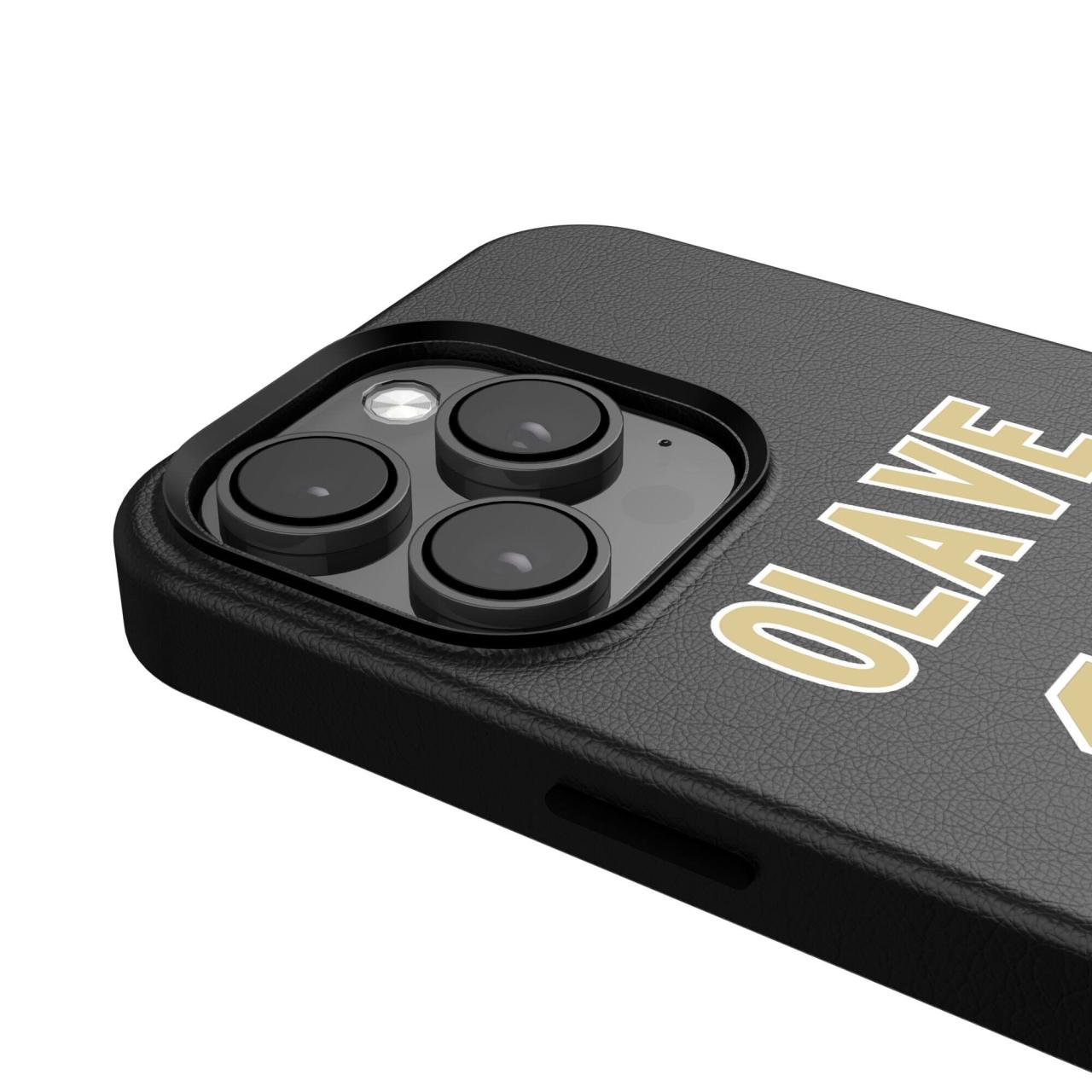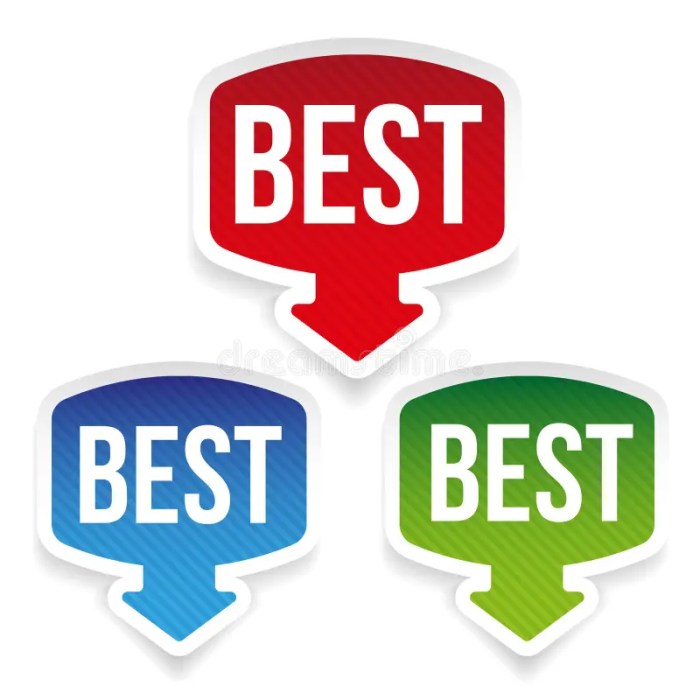Best All-in-One Smart Home Controllers in 2025 are revolutionizing the way we manage our living spaces, offering convenience and efficiency like never before. As smart home technology continues to evolve, these controllers serve as the central hub for all your devices, streamlining operations and enhancing user experience. In the fast-paced world of 2025, having a reliable smart home controller means effortless integration, greater control, and a seamless lifestyle.
From defining their role in a smart home ecosystem to examining the rapid advancements leading up to now, understanding these controllers is vital. They not only simplify connectivity between gadgets but also bring the potential for automation and smart interactions, making them indispensable in modern homes.
Overview of Smart Home Controllers
Smart home controllers serve as the brain of a smart home ecosystem, allowing users to manage and integrate a variety of devices seamlessly. These controllers have evolved significantly over the years, especially leading up to 2025, where sophisticated technologies have transformed how we interact with our living spaces. By consolidating multiple device functionalities into a single platform, an all-in-one controller not only simplifies user experience but also enhances automation capabilities compared to managing individual devices separately.
Definition and Roles of Smart Home Controllers
Smart home controllers are central hubs that connect various smart devices, ranging from lighting systems to security cameras. They allow users to control these devices through a unified interface, typically via a smartphone app or voice commands. The role of these controllers is crucial as they facilitate communication between devices that may operate on different protocols, thereby creating a coherent smart home environment.
Evolution of Smart Home Technology
The evolution of smart home technology has been rapid and transformative. From the early days of simple remote-controlled devices to today’s sophisticated, AI-powered systems, the advancements have been remarkable. By 2025, we see a trend towards more integrated solutions that prioritize user experience, interoperability, and enhanced security features.
Implications of All-in-One Controllers
Using an all-in-one controller offers distinct advantages over individual devices. Centralized control leads to a more streamlined user experience, reducing complexity and the learning curve associated with multiple apps. Furthermore, an all-in-one solution often provides advanced automation features that allow devices to work together more cohesively, enhancing overall efficiency and convenience.
Key Features of the Best Smart Home Controllers in 2025
When evaluating smart home controllers, certain essential features should be prioritized to ensure optimal performance and user satisfaction.
Essential Features to Look For
In 2025, the best smart home controllers possess a range of features that enhance usability and functionality. Key features include:
- Compatibility: The ability to connect with a wide variety of smart devices, regardless of brand or operating system.
- User Interface: An intuitive and user-friendly interface that simplifies navigation and control.
- Automation Capabilities: Advanced scheduling and scene-setting options that allow for customized automation.
- Voice Control: Support for major virtual assistants like Alexa, Google Assistant, and Siri.
- Security Features: Built-in functionalities to ensure the safety of user data and maintain device integrity.
User Interface Design and Usability
The user interface plays a pivotal role in how effectively users interact with their smart home systems. A well-designed interface is crucial for ensuring that users can easily access and control their devices without feeling overwhelmed. In 2025, usability will be a key differentiator among controllers, with a focus on simplifying complex tasks and providing a seamless experience.
Compatibility with Various Smart Home Devices
Compatibility remains a critical consideration for smart home controllers. As the market grows, ensuring that a controller can seamlessly integrate with devices from various manufacturers is essential. In 2025, leading controllers boast extensive compatibility, allowing users to connect everything from lights and thermostats to security cameras and door locks without hassle.
Top Contenders for Best All-in-One Smart Home Controller
In 2025, several smart home controllers stand out as leaders in the market, each offering unique features and capabilities. Here is a comparison of the top contenders:
| Controller Name | Key Features | Price |
|---|---|---|
| SmartHub Pro | Voice Control, Extensive Device Compatibility, Advanced Automation | $199 |
| HomeSync 2025 | User-Friendly Interface, High Security, AI Integration | $249 |
| EcoSmart Hub | Energy Monitoring, Eco-Friendly Features, Compatibility with IoT Devices | $179 |
Strengths and Weaknesses of Each Model
Each of the top models has its strengths and weaknesses. For instance, while SmartHub Pro excels in compatibility and automation, it may lack certain eco-friendly features found in EcoSmart Hub. HomeSync 2025 offers a robust user interface but comes at a higher price point. Users should weigh these factors when selecting a controller that best fits their needs.
Specifications and Unique Selling Points
The specifications of each controller reflect its unique selling points. SmartHub Pro is celebrated for its extensive device compatibility, enabling users to integrate virtually any smart device into their ecosystem. HomeSync 2025 boasts cutting-edge AI integration that enhances automation, while EcoSmart Hub focuses on energy efficiency and sustainability—key selling points for eco-conscious consumers.
Integration with Smart Home Ecosystems

The ability of smart home controllers to integrate with popular ecosystems significantly influences their usability and performance.
Integration with Popular Ecosystems
Leading smart home controllers in 2025 effortlessly integrate with well-established ecosystems like Alexa, Google Home, and Apple HomeKit. This integration allows users to manage devices through voice commands, enhancing convenience and accessibility. The seamless connection enables users to control lighting, security systems, and other devices with ease.
Impact of Integration on Device Compatibility, Best All-in-One Smart Home Controllers in 2025
Integration with these ecosystems improves device compatibility, ensuring that users can incorporate a wide array of devices regardless of the manufacturer. This compatibility fosters a more versatile smart home environment, allowing users to choose products that best meet their needs.
Examples of Successful Integrations
Successful integrations can significantly enhance functionality. For instance, a smart thermostat integrated with Google Home can adjust settings based on user preferences or schedules, optimizing energy usage. Such integrations not only simplify user interaction but also promote energy efficiency and convenience.
User Experience and Customer Feedback
Understanding user experience is essential for choosing the right smart home controller.
Customer Reviews and Testimonials
Customer feedback provides valuable insights into the performance and reliability of smart home controllers. Reviews often highlight aspects such as ease of setup, responsiveness, and overall satisfaction. Positive testimonials frequently emphasize the convenience of all-in-one solutions compared to piecemeal setups.
Importance of Community Support and Online Resources
Community support is vital for users navigating their smart home setups. Online forums and resources can assist with troubleshooting, provide tips for maximizing functionality, and facilitate discussions about best practices. This support network enhances user experience and fosters a sense of community among smart home enthusiasts.
Common Issues and Troubleshooting Solutions
Common issues reported by users often revolve around connectivity problems or compatibility challenges. Effective troubleshooting solutions include checking firmware updates, resetting devices, and consulting online resources for user guides. Providing clear guidance on these common pitfalls can enhance overall user satisfaction.
Future Trends in Smart Home Technology: Best All-in-One Smart Home Controllers In 2025
The evolution of smart home technology is ongoing, and several trends are likely to shape future developments.
Emerging Technologies Impacting Smart Home Controllers
Emerging technologies such as 5G connectivity, enhanced home automation systems, and new communication protocols are set to impact smart home controllers profoundly. These advancements will increase responsiveness and reliability, allowing for a more integrated smart home experience.
Role of Artificial Intelligence
Artificial intelligence plays a significant role in refining the capabilities of smart home controllers. By leveraging machine learning algorithms, controllers can learn user preferences and optimize automation based on behavioral patterns. This capability enhances user engagement and ensures a more personalized experience.
User Privacy and Security Concerns
As smart home technology becomes more sophisticated, privacy and security concerns remain paramount. Manufacturers are increasingly prioritizing security features to protect user data and maintain device integrity. Addressing these concerns is crucial for building consumer trust and ensuring the continued growth of smart home technology.
Installation and Setup Process
Setting up a smart home controller can seem daunting, but following a clear process can ease the transition.
Step-by-Step Guide for Setting Up
To optimize the installation process, users should follow these steps:
- Unbox the controller and refer to the manual for specific setup instructions.
- Connect the controller to a power source and your home Wi-Fi network.
- Download the corresponding app to your smartphone or tablet.
- Follow in-app instructions to pair devices with the controller.
- Configure settings and preferences to suit your lifestyle.
Tips for Optimizing Configuration Settings
Optimizing configuration settings can significantly improve performance. Users should explore advanced options such as automation routines, device grouping, and security settings to tailor their setup to their specific needs.
Common Pitfalls to Avoid
Avoid common pitfalls such as neglecting firmware updates or overlooking compatibility issues with devices. Ensuring that all devices are compatible with the chosen controller will save users from potential headaches during the setup process.
Cost Considerations and Value Analysis
When investing in a smart home controller, understanding the cost implications is vital.
Price Range of Top All-in-One Smart Home Controllers
The price range for top all-in-one smart home controllers varies, typically falling between $150 and $300. This range reflects differences in features, brand reputation, and overall quality.
Long-Term Savings vs. Initial Investment

While the initial investment may seem significant, the long-term savings can be substantial. Efficient energy usage, enhanced security, and the reduction of manual tasks contribute to ongoing cost savings that make the investment worthwhile over time.
Potential Hidden Costs in Smart Home Technology

Users should be aware of potential hidden costs associated with smart home technology. These can include subscription fees for premium services, additional accessories for device compatibility, and costs related to installation or professional assistance. Being informed about these costs allows for better budgeting and planning when investing in smart home technology.
Closing Summary
In conclusion, the landscape of smart home controllers is rich with innovation and variety, presenting numerous options for consumers in 2025. With features designed to enhance usability and compatibility, along with insights from user experiences, making an informed choice can transform your home into a smart haven. Embracing this technology not only improves convenience but also paves the way for a more connected future.